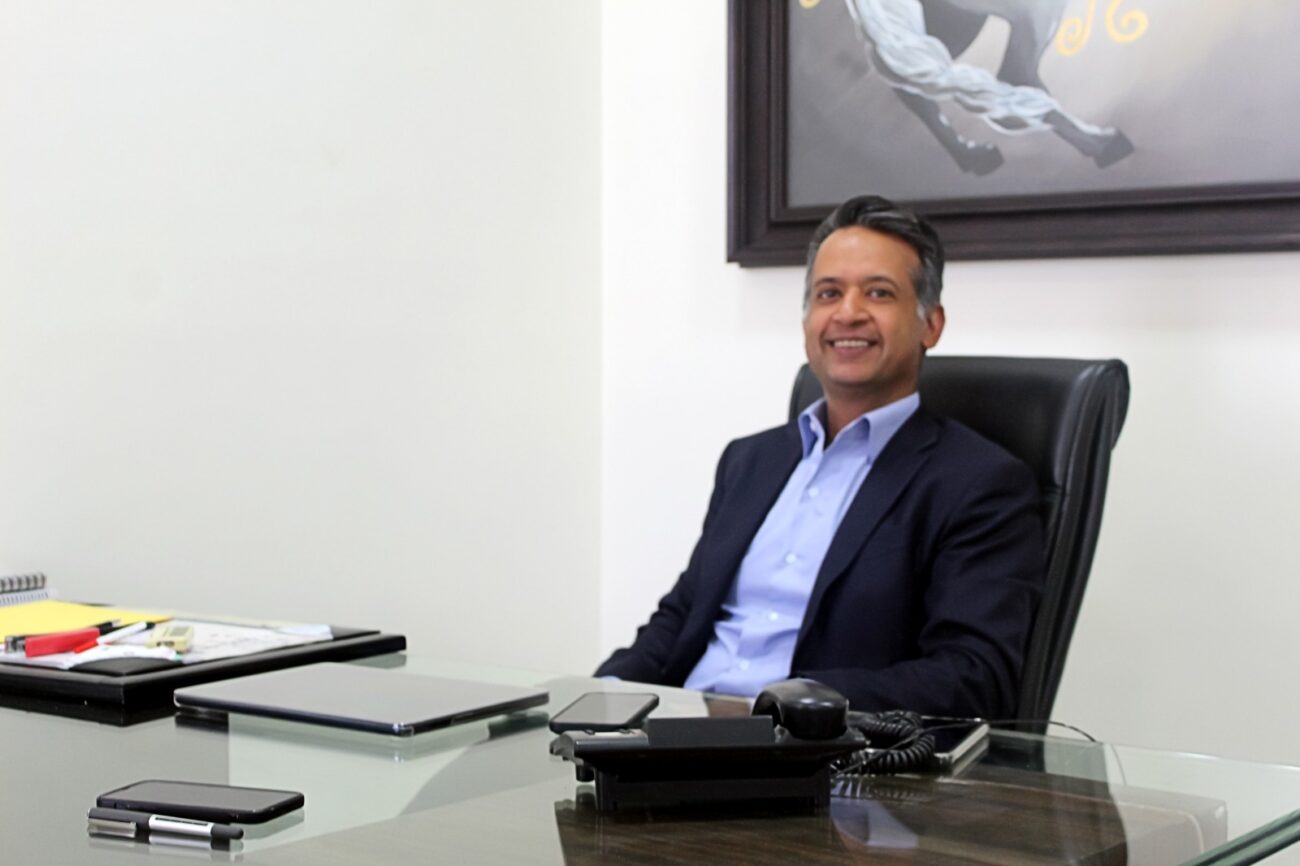Focus on getting your ‘Back on Track’ during the pandemic
Authored by Dr. Umesh Srikantha, Consultant - Neurosurgery, Head of Spine Services, Aster CMI Hospital. Every year October 16th is celebrated as ‘World Spine Day’ to create awareness on spinal pain and disability around the world

Authored by Dr. Umesh Srikantha, Consultant – Neurosurgery, Head of Spine Services, Aster CMI Hospital.
Every year October 16th is celebrated as ‘World Spine Day’ to create awareness on spinal pain and disability around the world and to exhort people to adopt healthy routines to make their spine strong, active and flexible. While the COVID-19 pandemic has changed our lives dramatically, back and neck problems are still as common as ever. Due to the coronavirus and its social restrictions, many of us are going to be stuck with the work-from-home scenario for a little longer than we expected and due to the lack of a dedicated workstation most of us now end up lounging wherever we find space at home. Hence, lack of physical activeness is not only contributing to our laziness but it is also going to end up harming our spine!
This year’s theme has been aptly kept as “Back on Track”, which encourages people to reactivate and revitalize their bodies and watch out for problems that may come up if one is not taking care of one’s spine and back. Being in office meant we could move about a little, be it a visit to the cafeteria or a colleague’s desk. Appropriate chairs and equipment gave comfort to our posture, but all that may not be possible while working from home.
Typically, poor ergonomics, a sedentary lifestyle, bad sitting postures and staying physically inactive are common reasons for spinal and back ailments during work from home. Also, while at home, working on laptops while lying down without much activity can also cause spinal problems as there is lot of pressure on the back muscles and spinal discs. Slouched positions can stretch spinal ligaments and strain the spinal discs can cause severe pain and other severe complications if untreated.
Pay attention to ‘early’ warning signs:
Spine is a weight bearing structure subjected inevitably to wear and tear each day and it is natural to develop degenerative changes as we age. However, if any spinal condition can be diagnosed early, appropriate preventive and corrective measures can be instituted to prevent the condition from worsening and eventually necessitating a major surgical procedure. Persistent or recurring back/ neck pain, radiating pain in the limbs, numbness or weakness in the extremities, difficulty in walking long distances or imbalance while walking should not be neglected and be evaluated at the earliest.
Measures to maintain a healthy spine in the long run
Given all these considerations, there are some immediate as well as long-term measures that one should take in ensuring a healthy spine: avoid jerks and extremes of bending and twisting, Share work and take breaks often, keep walking and exercise daily and focus on stretches and less on weights, maintain a nutritious diet rich in proteins as well as salads and fruits and avoid weight gain, and get good exposure to sunlight to get good vitamin D.
To keep your back and neck healthy during the pandemic, patients should perform physical activity that helps maintain fitness and strengthens the core muscles. Physical therapy may be limited during pandemic, so people can follow exercises one finds on the internet like Pilates, yoga or cardio workouts. To stay fit, one can also use elastic bands, hand weights and/or perform isometric exercises, like planks or squats. It’s important to avoid being sedentary for long periods of time as inactivity can weaken muscles that support the spine. This can cause back or neck pain or intensify an existing spine condition. Besides this, take frequent breaks in the middle and stretch to keep back spasm at bay. Stretching your fingers, blinking your eyes, and stretching your neck will also help you in maintaining a better posture.
Regular exercise can give your day a structure and break the monotony of staying at home for an extended time. Physical exercise gives you a positive outlook while navigating this challenging period. It is important to keep the spine healthy by knowing and respecting one’s limits. It’s best not to do things that the bodies can’t handle.
Non-surgical options are important
It’s best not to operate at least until a patient has exhausted non-surgical options because almost 90 percent of patients with back and neck pain won’t need spine surgery. Anti-inflammatory medications and physical therapy, pain management and care from a physiatrist are advisable. Most patients recover after physical therapy but if a patient returns with persistent symptoms, such as pain with weakness, gait problems, or difficulty with bowel or bladder function, then surgery can be an option.
When is surgery required
Surgery is recommended only if a patient has been suffering from symptoms for six weeks or more. Likewise, severe cases of disc herniation that may risk paralysis, and serious conditions, are corrected surgically. Care is best taken from a multidisciplinary team of surgeons, physiatrists, physical therapists and pain specialists to get back to normalcy soon.
For those who work in an office, it’s also important to customize your work space to avoid muscle imbalances and repetitive injuries. Anyone who has given up an important activity owing to back problems, it is best to seek consultation from a spine expert. The lockdown restrictions don’t have to mean that our spines suffer and a little care will help you in creating the right posture.






